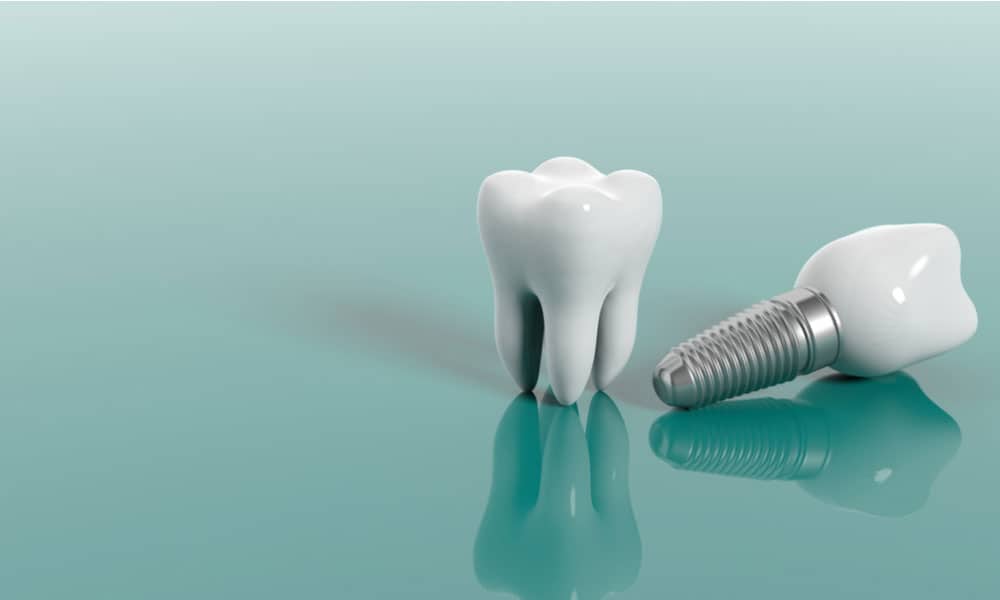Fortunately, the world of dentistry is always going through innovative changes. In years past, people had to simply live with missing or broken teeth. However, dental implants change all of that. Now, people can have a smile that they always wanted.
Dental implants can be used to restore missing or damaged teeth. They are usually made out of medical-grade titanium, and they are designed to be long-lasting. In fact, quality dental implants can last several years if cared for properly.
However, despite the many advances in dental implants, they can sometimes fail. Here, we will discuss some of the common reasons for failure and how you can avoid it.
Short-term implant failure is typically described as the failure to heal in the bone. This is known as osseointegration. Usually, this happens as a response to patient smoking, having diabetes, or low bone density. However, failure to practice good oral hygiene could also put you at higher risk for short-term implant failure. This issue can be remedied with dental implant therapy and is usually successful for most patients. However, lifestyle changes may need to be made in order to ensure that failure doesn’t happen again in the future.
Long-term implant failure is a more extensive issue because it occurs after the implant has healed and attached to the bone. The most common form of long-form implant is peri-implantitis. Peri-implantitis is a chronic infection that impacts not only the gums but also the bones. In order to treat it, some patients are given antibiotics, cleanings, or laser therapies. In some instances, only surgery will remedy the situation. The treatment plan will significantly depend on the severity of the impact on the gums and bones.
In rarer instances, long-term dental implant failure occurs when the dental implant itself becomes damaged or has loose screws. In that event, patients should expect to have their dental implant replaced.
The best thing that patients can do is to stay aware of the current state of their implants. You should report any changes, pain, or swelling in the dental implant area to your dentist right away. Be sure to follow all follow-up care instructions and maintain quality oral hygiene care. One of the significant advantages of dental implants is that you care for them in the same way that you do your regular teeth.
Reach out to your dentist if you notice any pain, swelling, or redness in the dental implant area. Pay attention to your gums, and be sure to report any bleeding or pus right away. Be sure to maintain your regular check-ups so your dentist can take a look at the implant and ensure that it is working correctly.
At the New York Institute of Oral & Maxillofacial Surgery, we are dedicated to keeping our patients as informed as possible. Don’t hesitate to reach out to us if you have more questions about dental implants. Contact our office today to schedule your consultation.


© 2021 New York Institute of Oral and Maxillofacial Surgery - HIPAA Notice / Privacy Policy - Terms - Accessibility Statement